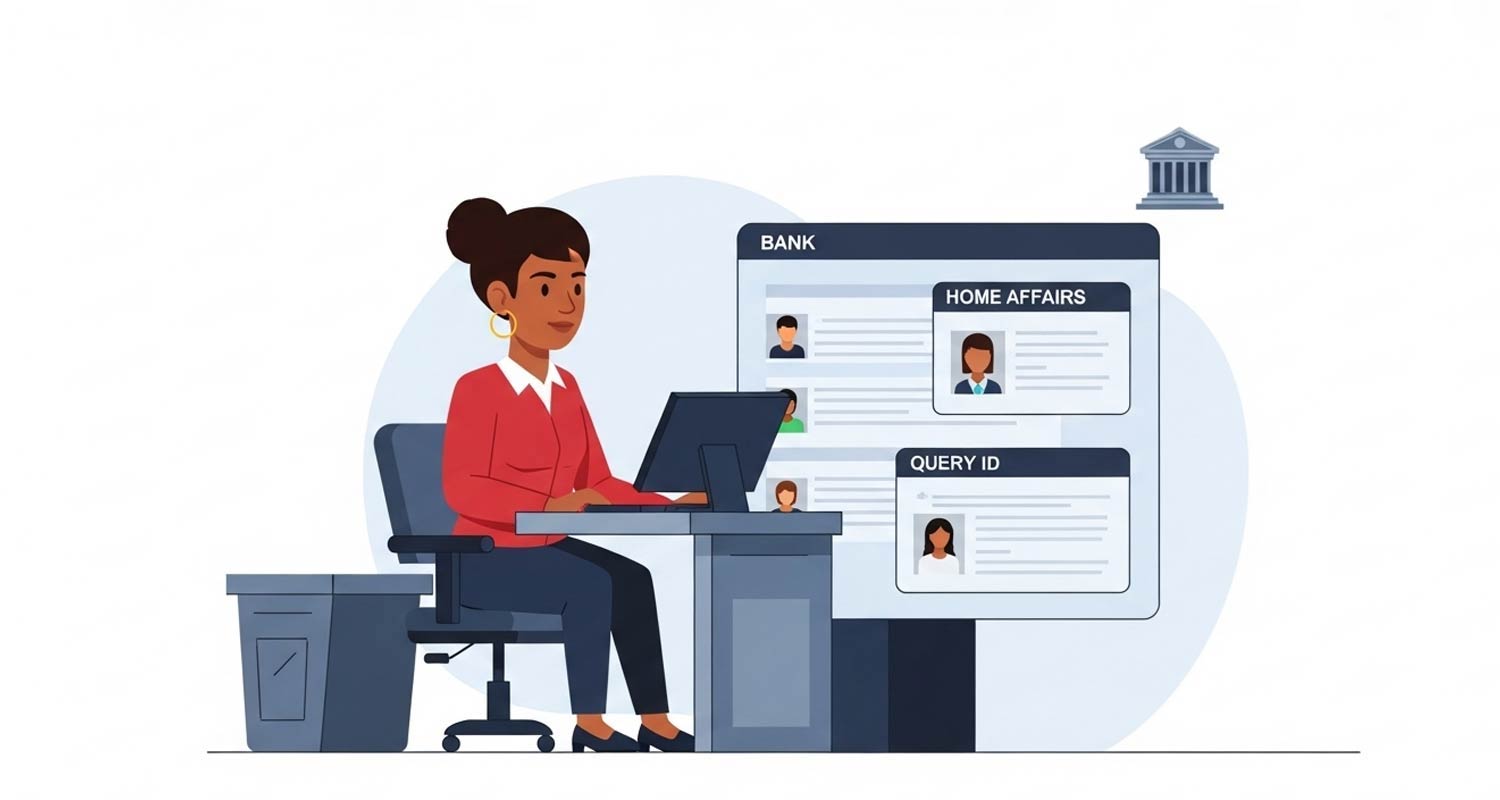Try our mobile app

The decision by home affairs minister Leon Schreiber to hike the fees companies must pay for live access to the National Population Register database by more than 6 500% “does not make sense”. This is according to Marius Coetzee, CEO of Ideco Biometrics , a company that has helped some of the largest institutions in South Africa, including major banks, implement the biometric security systems they use to interact with the home affairs system. “The quantum of the increase and the way home affairs has chosen to implement it do not make sense,” Coetzee said in an interview with TechCentral on Monday. The quantum of the increase and the way home affairs has chosen to implement it do not make sense “It goes against the rationale justifying why identity verification is a critical element in securing businesses, safeguarding identities and getting South Africa off the Financial Action Task Force (FATF) grey list,” he said. Legislation such as Fica (the Financial Intelligence Centre Act) and Rica (the Regulation of Interception of Communications and Provision of Communication-related Information Act) requires banks, telecommunications providers and other consumer-facing entities to verify their clients’ IDs against the home affairs database in an effort to fight money laundering, fraud and other white-collar crime in South Africa. Schreiber and his department came under fire from stakeholders in the telecoms, banking and microfinance industries following his decision to hike access fees for real-time verifications against the National Population Register from 15c to R10/query. An option for after-hours batch processing of requests is also now offered – at a more affordable but still more-expensive-than-before rate of R1/query. Disagreement In the banking sector, there is disagreement over the fee hike, with Capitec Bank voicing support for the minister and digital challenger TymeBank opposing the changes. Tyme Group CEO and TymeBank co-founder Coen Jonker told TechCentral that after numerous failed attempts meet with Schreiber were allegedly ignored, TymeBank is now considering legal action over the fee increases. Other players in the banking industry have chosen to reserve comment, suggesting the matter has become a political hot potato. Read: Home affairs faces backlash over ID database fee surge When TechCentral sent queries to the major banks – other than Capitec, whose position is already known – most of them referred the publication to the South African Banking Risk Information Centre, an industry body to whom they made submissions and which is representing their interests in the matter. Only Nedbank said it was reviewing the matter but said it “remains committed to constructive engagement” and will “continue to monitor developments in this space”. Sabric declined to comment, describing the matter as “outside of its scope”. Marius Coetzee, CEO of Ideco Biometrics According to Coetzee, the larger, more established banks are likely to favour the increases because they used the home affairs system to build their own identity verification databases “long ago”. At their stage of maturity, the number of queries they need to make to the live system is relatively small, whereas newer digital entrants like TymeBank likely need to access live verifications for every application processed. “Around 18 years ago, Ideco spent many hours with the banks helping them understand identity verification technology and preparing them for fingerprint verification. They have already captured all the biometric templates of their own customers and they don’t have to depend on home affairs every time they engage with a customer,” said Coetzee. Other entities that require live access to the database are car dealerships and microlenders. Microfinance South Africa has already come out against the increase, saying it will harm the viability of its members’ businesses. The reality is that home affairs, by implementing this increase, is going to cause more harm than benefit Coetzee said an even bigger danger is that small businesses will revert to older, less secure systems such as relying on certified ID copies. This will open the door to more fraud and undermine the work that has been done across a number of industries to have South Africa removed from the FATF grey list, he added. Home affairs on Monday said the new system is live and three “major” private sector players have been onboarded. However, many organisations are yet to implement the changes needed to ensure their internal systems optimise costs by using the cheaper offline batch processing as much as possible. “Users that have been slower to make this critical transition have contacted the department to request assistance to avoid incurring higher costs while they work to optimise their usage,” Schreiber said in a statement. Private solutions “The department has provided an option for users to voluntarily elect to only have their usage costs incurred for the three-month period between 1 July and 30 September calculated at the end of October, based on their usage pattern during the month of October. In effect, this means that the amount owed to home affairs will only be confirmed after users have had the three-month period to optimise their systems.” Coetzee predicts that industry’s response to the high fees at home affairs will be to develop private solutions that will minimise the need to access the National Population Register. Although this will expose businesses to more risk, they will likely respond by adjusting their offerings appropriately. Read: War of words erupts over home affairs database fee hike “A lender might use their own verification system for a R1 000 payday loan, but they’ll use the home affairs register for R500 000 applications,” he said. “The reality is that home affairs, by implementing this increase, is going to cause more harm than benefit.” — © 2025 NewsCentral Media Get breaking news from TechCentral on WhatsApp. Sign up here . Don’t miss: TymeBank: Why we’re taking on home affairs